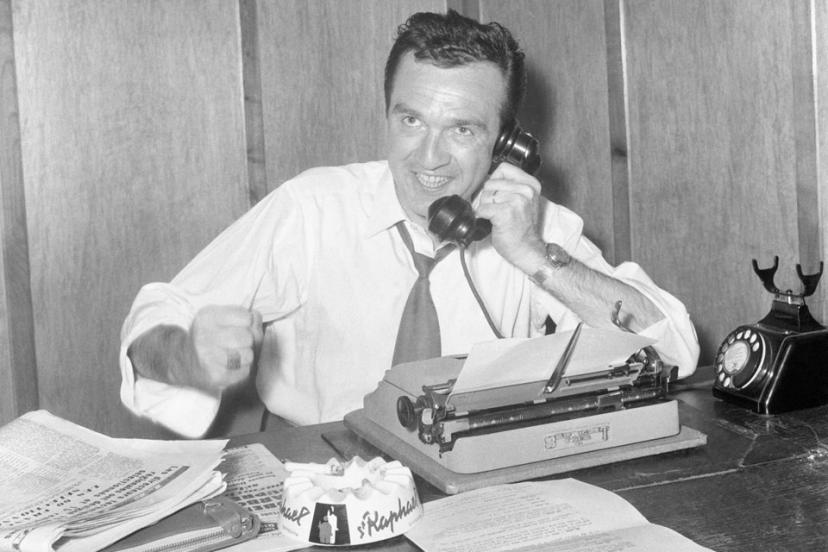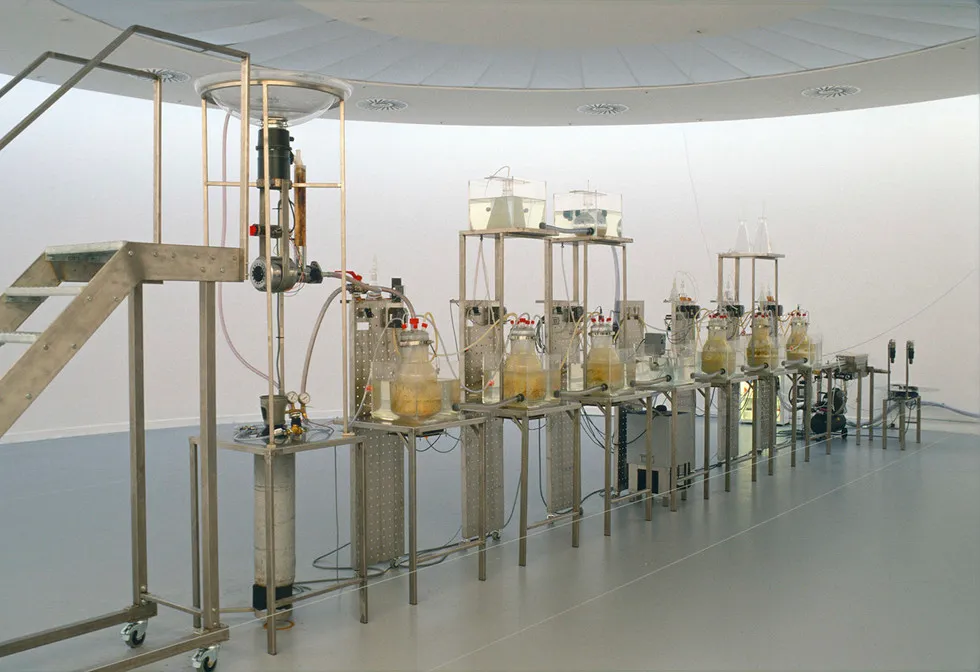Your reactions to the latest article "Senseless'Withouts'" were numerous, some calling for responses: "What kind of wine enthusiast are we going to leave for wine? We're waiting!" Well, here it is: digestive tubes!
To arrive at this proctological conclusion, one must depart from wine and saddle up... heading towards the Tour de France of the 1960s! If the riders of that era drank wine or beer (considered safer than tap water!) to forget the pain, it's because the Tour de France back then had nothing to do with the televised spectacle of our time. And if everyone, whether a fan of the Tour or not, knows today Henri Pélissier or Jacques Anquetil, it's because the story of these asphalt heroes tells of real feats. However, it's not so much these feats that we need to consider here as the way they are recounted. These cyclists also belong to our history because they have been linked to the legend created by great writers. From poet Alfred Jarry to journalist Pierre Chany, and writer Albert Londres, these cycling enthusiasts unwittingly made Pélissier or Anquetil immortal. And when "Master Jacques" is asked by a journalist what he thought of his day on the Tour, he replies with this succinct statement: "You should ask me again tomorrow morning. Once I've finished reading Pierre Chany's article in l'Équipe newspaper, I'll see things much more clearly."

Today, it's hard to imagine an article of Pierre Chany's quality. Images have replaced paper, and the shouts of the sports journalist, the lyrical flights of the writer. In other words, we have substituted the overexcitement of the senses for the silent murmur of memory, the glittering of the moment for the eternal properties of words. Anquetil will be remembered, but Vingegaard* will be forgotten. Like great cyclists, winemakers are literary producers. They are not writers in the strict sense, but the matrix in which matter germinates to achieve eternity. And this matter, wine, is literary. It is written, by Hugo, Flaubert, Colette, Mauriac, or it is spoken, or commented upon, based on mental work that relies on the senses.
But what happens if wine becomes as flavourless as a Vingegaard, and its commentary a photo or a numerical score? Overexcitement of the senses instead of the silent murmur of memory, glittering of the moment instead of the eternal properties of words, as I was saying. What is a fruit-forward or easy-to-drink wine if not an overexcitement of the senses trapped in the fleeting glitter of an Instagram post? If wine no longer has the synesthetic power to fertilize the imagination, turning a smell into a sound or a flavor into a texture, what can we expect from our senses other than a purely masticatory function whose literary transcription would be desperately empty? From there, what can we expect from an wine enthusiast who, reduced to their gastricism, prefers what is good to what is beautiful, what reassures to what challenges, what nourishes to what fertilizes? Lastly, what can we expect from individuals whose only worthwhile function is that of their digestive tube?

Rest assured. If you've made it this far, it's not thanks to your stomach... You savor the wine, as we should all drink it. That is, with a certain awareness of the senses. To paraphrase John Burroughs, "the tone with which we speak to wine is the one it uses with us." You are not fooled; you know what a wine can say if given a little attention. In this regard, we recommend our tasting notes on the 2020 and 2021 vintages of the Classified Growths in 1855, whose memory was that of pleasant company, both for the senses and the mind. Happy reading.
Olivier Borneuf
